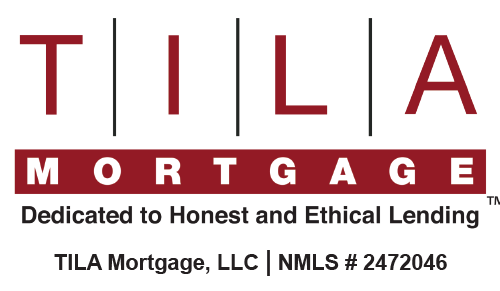For some, it’s not a matter of whether to rent or own. Some people simply believe that they must rent because buying isn’t an option for them. However, the dream of homeownership is possible for almost anyone, young and/or those with low income.
There are many lending options available, as well as loan programs, that require little or no money down. So, more people should see “owning vs. renting” as a choice – an important choice.
Where you choose to live is a major decision. How much you spend each month on the place you call home affects your lifestyle, how much you are able to put away in savings, your overall net worth and even your retirement.
On the one hand, people rent because it offers flexibility and minimal responsibility. Although it has its advantages, it also has its drawbacks. For example, you could have to move suddenly if your landlord decides to sell the property, or increase the rent by more than you can afford. You would then have to pay for moving costs at a moment’s notice. Plus, long-term renting is not an investment. A person may rent for 15 years, or more, and never gain anything from it. Moreover, their rental costs may increase significantly over time.
On the other hand, owning is an investment. Sure, there is interest you pay with a mortgage, but it will likely be small when compared to the equity and net worth you gain from your real estate asset. At the end of your 15-year loan* or 30-year loan** (loan terms vary), your net worth could be hundreds of thousands of dollars richer. As time goes by, and your home builds equity, you can refinance or take out a line of credit to pay off high-interest debt, for example.
In addition, home ownership can often help with retirement. A homeowner can sell their home and use the accumulated equity for early retirement in a location with a lower cost of living. For example, if you buy a home in the Seattle area for $450,000, in 15 years or more (half the life of a 30-year mortgage), you will have not only built equity in payments you made toward your principal, you will also have gained equity as a result of increases in the market value. Hence, your home’s value may have increased from $450,000 to $600,000 – giving you at least a $150,000 market value increase, as well as whatever you put toward your principle (perhaps half of what you’ve already paid). You could conceivably sell your home and be thousands of dollars richer.
Real estate is a good liquid asset and can provide long-term benefits for your future.
The long-term financial benefits from home ownership likely outnumber the long-term financial benefits of renting. Plus, home ownership can bring a sense of stability, particularly for families, as well as a sense of belonging to a community. Pride of ownership is a real thing.
If you are interested in what lending options are available to you, or would like to know more about down payment assistance, please contact us today!***
*Example of a 15-Year Fixed Rate: Loan Amount of $300,000 with a Down Payment of 20% the Monthly Payment would be $2,256.84 without Taxes & Insurance with an APR of 4.489%.
***Example of a 30-Year Fixed Rate: Loan Amount of $300,000 with a Down Payment of 20% the Monthly Payment would be $1,475.00 without Taxes & Insurance with an APR of 4.389%.”
***The views, articles, postings, and other information listed on this website are personal and do not necessarily represent the opinion or the position of Hometown Lenders, Inc.




